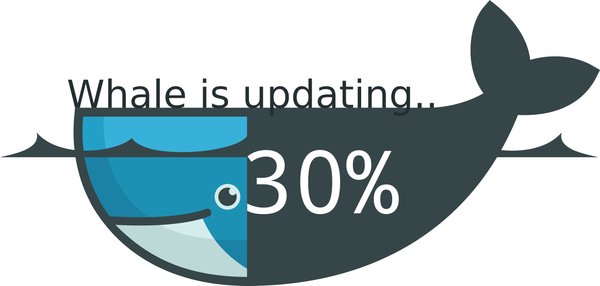Microsoft has released the first preview of Windows Server Containers, along with the third technology preview release of Windows Server 2016.
Through the release of Windows Server Containers, millions of Windows developers will be able to experience the benefits of containers for the first time using the languages of their choice – whether.NET, ASP.NET, and PowerShell or Python, Ruby on Rails, Java and many others.
"Today’s announcement delivers on the promise we made in partnership with Docker to offer container and DevOps benefits to Linux and Windows Server users alike. Windows Server Containers are now part of the Docker open source project. These containers can be deployed and managed either using PowerShell or the Docker client," Microsoft said in a blog post.
We are contributing to the open source development of the Docker Engine for Windows Server with a goal to enable the Docker client to manage multi-container applications using both Linux and Windows containers, regardless of the hosting environment or cloud provider."

Microsoft said it has already released Docker VM Extensions for Linux on Azure, Docker CLI support on Windows, and Visual Studio Tools for Docker to empower developers to build and run modern applications.
From Visual Studio, developers can create a Windows Server Container host within Azure, publish their ASP.NET web or console app to the newly built container, and then deploy it to a container host. Coming soon, Visual Studio Online’s continuous integration and release management capabilities will allow them to automate this process and manage releases of your containerised applications.
Finally, a future preview of Windows Server 2016, will include Hyper-V Containers, a second container deployment option that will provide higher isolation using an optimised virtualisation and Windows Server operating system that separates containers from each other and from the host operating system.
"This higher level of isolation expands the possibilities for deploying containers in lower trust or mixed operational environments where developers may not have control of the platform," said Mark Russinovich, Microsoft Azure CTO.






